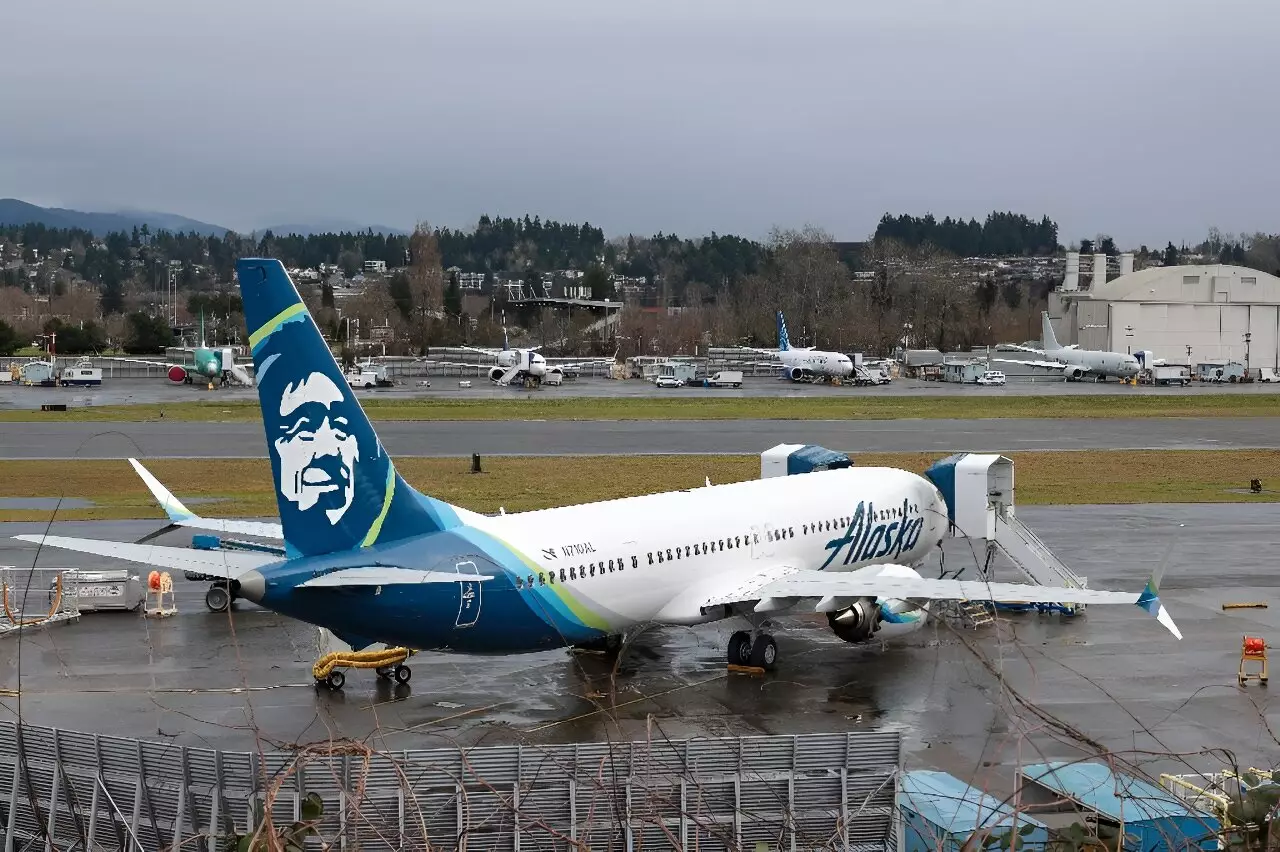 Airline Industry Challenges: Boeing and Airbus Navigate Turbulent Skies
Airline Industry Challenges: Boeing and Airbus Navigate Turbulent Skies
The airline industry finds itself amidst a turbulent period, grappling with significant challenges that have tested the resilience of major players like Boeing and Airbus. Both manufacturers are contending with supply chain constraints, casting a shadow over the aviation landscape. This article delves into the obstacles faced by these industry giants and explores the repercussions for airlines facing disruptions in aircraft deliveries.
Boeing’s Struggles with the 737 MAX
Boeing, a stalwart in the aviation sector, has encountered a series of challenges, most notably with its star plane, the 737 MAX. Safety incidents, including a major one on Alaska Airlines, have prompted the Federal Aviation Administration (FAA) to intervene, freezing Boeing’s plans for a production ramp-up. Consequently, delays in the already postponed delivery timetable are anticipated. The situation raises concerns among Boeing’s clients, with Alaska Airlines contemplating a shift to Airbus, adding complexity to the delicate dance of securing alternative orders amid supply chain constraints.
Implications for Airlines Considering a Shift
Airlines exploring a move from Boeing to Airbus must navigate intricate processes, securing orders from alternative manufacturers while ensuring the readiness of supply chains for multi-plane orders. The potential shift of Alaska Airlines to Airbus due to its Boeing-related concerns exemplifies the strategic decisions carriers face, impacting the broader airline industry landscape.
Airbus Grapples with Engine Woes
While Airbus has avoided safety troubles akin to Boeing’s 737 MAX, it is not immune to challenges. Engine problems, particularly with Pratt & Whitney, a unit of RTX, have emerged as a significant headache for Airbus. Extensive inspections and potential fixes for hundreds of Airbus 320neo jets are required, further complicating the aviation market landscape. Despite these hurdles, Airbus experiences a surge in orders driven by airlines aiming to renew fleets and meet emission targets for 2050.
Supply Chain Constraints and Booking Challenges for Airbus
Airbus, too, faces hurdles in the constrained aviation supply chain. With its production infrastructure fully booked through 2030 for single-aisle planes (A320 line) and through 2028 for long-distance jets (A350), airlines seeking immediate alternatives encounter challenges in securing timely contracts. The constrained supply chain, influenced by critical metal shortages from Russia and Ukraine, adds an additional layer of complexity for Airbus and its potential clients.
The Supply Chain Constraint Dilemma
One of the root causes behind Boeing and Airbus’s challenges lies in the constrained supply chain. Christopher Raite, a senior analyst at Third Bridge, underscores the inadequacy of the supply chain to support the required production ramp-up. Shortages in critical metals, originating from Russia and Ukraine, contribute to the complexity of acquiring new planes from these manufacturers.
Exploring Alternatives: The Potential for Renting Jets
In light of the challenges faced by Boeing and Airbus, airlines are exploring alternatives to mitigate the impact of delayed aircraft deliveries. Renting jets emerges as a potential solution, offering a temporary lifeline for carriers awaiting new planes from manufacturers. Michel Merluzeau, an aeronautics specialist at consulting firm AIR, suggests this as a viable option, acknowledging the complexities and costs associated with such a strategy.
Considerations for Renting Jets
While renting jets provides a temporary solution, airlines must carefully consider factors such as availability, pricing, and compatibility with existing fleets. This alternative, though not without challenges, offers a way for airlines to maintain operations amidst the uncertainties surrounding aircraft deliveries.
What does this all mean for the Airline Industry?
The ongoing challenges faced by Boeing and Airbus underscore the fragility of the aviation industry’s supply chain and its profound impact on airlines. Boeing contends with the fallout from the 737 MAX crisis, while Airbus grapples with engine inspections and fixes. These challenges have far-reaching implications for the airline industry, forcing carriers to navigate options and consider alternatives like renting jets. In the face of supply chain constraints and limited availability of new aircraft, the path forward remains uncertain, requiring careful consideration to ensure the continued reliability and safety of airline operations.
For the latest news on Technology click here


 Airline Industry Challenges: Boeing and Airbus Navigate Turbulent Skies
Airline Industry Challenges: Boeing and Airbus Navigate Turbulent Skies
Leave a Reply